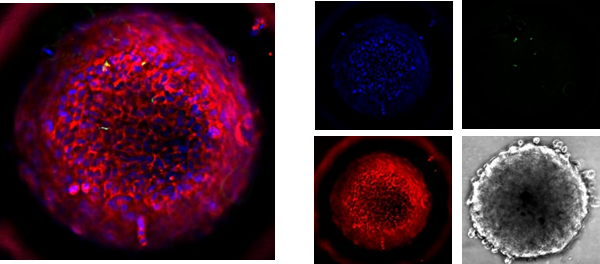Advancing Radiotherapy: Exploring the FLASH effect using Machine Learning
- Ansprechperson:
- Projektgruppe:
Cancer remains one of the leading causes of premature death worldwide, and radiotherapy plays a critical role in treatment, either as a standalone approach or in combination with other therapies. Remarkably, over 70% of cancer patients undergo radiotherapy, highlighting its importance as a key area of research.
In recent decades, advancements in radiotherapy have aimed to maximize tumor control while minimizing damage to healthy tissues. A promising innovation in this field is FLASH radiotherapy, an ultra-high dose rate technique. Preclinical studies have demonstrated that FLASH significantly reduces damage to healthy tissues without compromising tumor control, making it a breakthrough with transformative potential.
My work focuses on integrating advanced imaging modalities to deepen our understanding of these effects, leveraging both classical machine learning techniques and cutting-edge methods like transformers.
If you're interested in this exciting area of research and would like to pursue a bachelor’s or master’s thesis or a research internship, feel free to explore my open positions or reach out via email. Together, we can design an individualized project tailored to your interests.

Figure 1: Spheroids stained with various dyes, serving as a model to explore the deeper effects of the FLASH effect.

